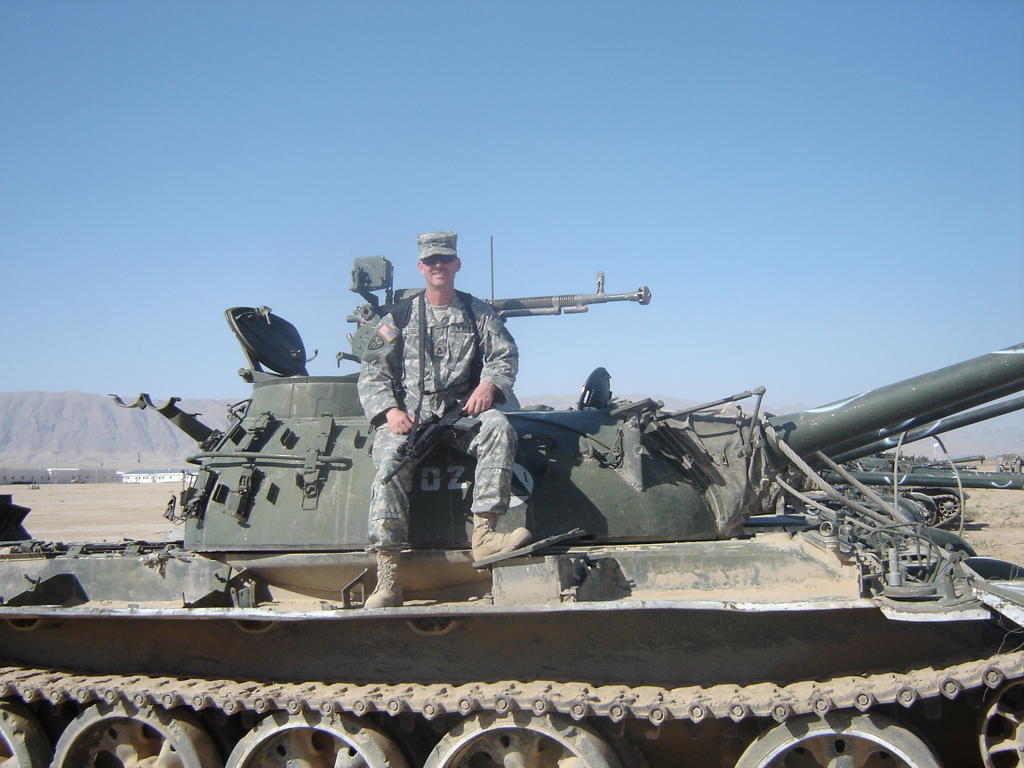Post by FightingFalcon on Jul 17, 2007 3:38:02 GMT -8
In the last election, Iranians came very close to electing a moderate leader. The Iranian youth has always been very pro-US but I've never seen such pro-democracy numbers before.
www.cnn.com/2007/WORLD/meast/07/16/iran.poll/index.html
Poll: Iranians want democracy, nuclear inspections
* Story Highlights
* Poll shows 80 percent of Iranians are in favor of full nuclear inspections
* The economy is the No. 1 concern for most Iranians, according to poll
* 79 percent support system in which leaders elected through free, direct elections
* Terror Free Tomorrow, a U.S.-based group, conducted interviews last month
(CNN) -- Most Iranians support nuclear inspections, a democratic government and normal relations with the United States, a poll by a U.S.-based organization has found.
Terror Free Tomorrow found 80 percent of Iranians support full inspections and a guarantee not to develop nuclear weapons in return for aid from other countries.
Slightly more than half, however, said they still favor the development of nuclear weapons and think the country would be safer with them. Developing the weapons is considered a "very important" priority for just 29 percent of those polled.
But when presented with an option to give up nuclear weapons development in return for outside aid, only 17 percent still supported nuclear weapons development.
The economy is more important to Iranians than developing nuclear weapons. Eighty-eight percent said they want economic improvement to be the government's top priority.
The poll also found 56 percent think President Mahmoud Ahmadinejad has failed to keep his campaign promise to "put oil money on the table of the people themselves."
Additionally, 61 percent of those interviewed "were willing to tell our pollsters over the phone that they oppose the current Iranian system of government, where the Supreme Leader rules according to religious principles and cannot be chosen or replaced by direct vote of the people."
Instead, 79 percent support a democratic system in which leaders are elected through free, direct elections.
And while nearly two-thirds support financial assistance for opposition groups such as Hamas and Hezbollah, 55 percent of Iranians support recognizing Israel and Palestine as independent states in exchange for normal relations with the United States.
Terror Free Tomorrow, which has prominent Democrats and Republicans on its advisory board, conducted interviews in Farsi with 1,000 Iranians by telephone last month. The sampling error is plus or minus 3 percentage points.
"Face-to-face interviewing in Iran can be difficult for interviewers who risk possible prosecution and imprisonment. The last poll to ask similar controversial questions was conducted in September 2002 by Abbas Abdi inside Iran, who was imprisoned as a result," Terror Free Tomorrow said in its report on the poll.
The group said its interviews, about evenly split between men and women, were "proportionally distributed according to the population covering all 30 provinces of Iran."
The group's advisory board includes Sen. John McCain, R-Arizona, and the co-chairs of the 9-11 commission, Lee Hamilton, a Democrat, and Tom Kean, a Republican. The group says it was also chosen as a participant in the 2006 Clinton Global Initiative.
www.cnn.com/2007/WORLD/meast/07/16/iran.poll/index.html
Poll: Iranians want democracy, nuclear inspections
* Story Highlights
* Poll shows 80 percent of Iranians are in favor of full nuclear inspections
* The economy is the No. 1 concern for most Iranians, according to poll
* 79 percent support system in which leaders elected through free, direct elections
* Terror Free Tomorrow, a U.S.-based group, conducted interviews last month
(CNN) -- Most Iranians support nuclear inspections, a democratic government and normal relations with the United States, a poll by a U.S.-based organization has found.
Terror Free Tomorrow found 80 percent of Iranians support full inspections and a guarantee not to develop nuclear weapons in return for aid from other countries.
Slightly more than half, however, said they still favor the development of nuclear weapons and think the country would be safer with them. Developing the weapons is considered a "very important" priority for just 29 percent of those polled.
But when presented with an option to give up nuclear weapons development in return for outside aid, only 17 percent still supported nuclear weapons development.
The economy is more important to Iranians than developing nuclear weapons. Eighty-eight percent said they want economic improvement to be the government's top priority.
The poll also found 56 percent think President Mahmoud Ahmadinejad has failed to keep his campaign promise to "put oil money on the table of the people themselves."
Additionally, 61 percent of those interviewed "were willing to tell our pollsters over the phone that they oppose the current Iranian system of government, where the Supreme Leader rules according to religious principles and cannot be chosen or replaced by direct vote of the people."
Instead, 79 percent support a democratic system in which leaders are elected through free, direct elections.
And while nearly two-thirds support financial assistance for opposition groups such as Hamas and Hezbollah, 55 percent of Iranians support recognizing Israel and Palestine as independent states in exchange for normal relations with the United States.
Terror Free Tomorrow, which has prominent Democrats and Republicans on its advisory board, conducted interviews in Farsi with 1,000 Iranians by telephone last month. The sampling error is plus or minus 3 percentage points.
"Face-to-face interviewing in Iran can be difficult for interviewers who risk possible prosecution and imprisonment. The last poll to ask similar controversial questions was conducted in September 2002 by Abbas Abdi inside Iran, who was imprisoned as a result," Terror Free Tomorrow said in its report on the poll.
The group said its interviews, about evenly split between men and women, were "proportionally distributed according to the population covering all 30 provinces of Iran."
The group's advisory board includes Sen. John McCain, R-Arizona, and the co-chairs of the 9-11 commission, Lee Hamilton, a Democrat, and Tom Kean, a Republican. The group says it was also chosen as a participant in the 2006 Clinton Global Initiative.




